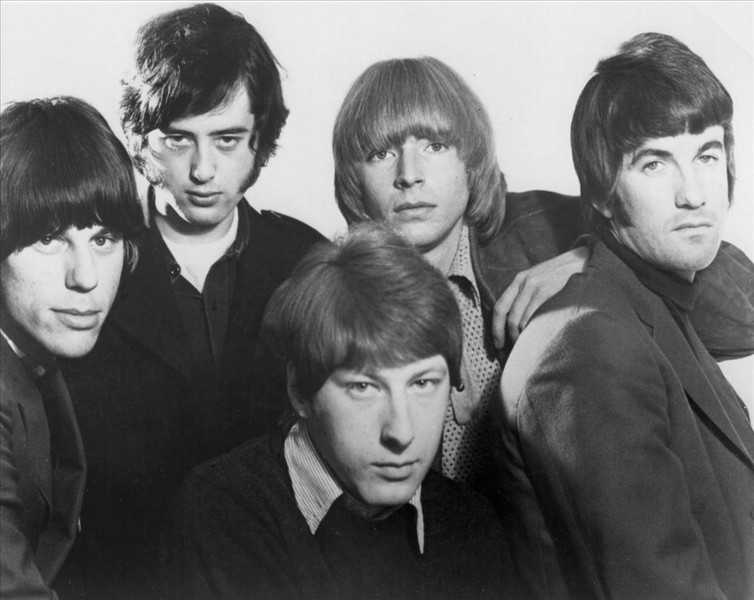The echoes of 1965 still reverberate through the annals of rock history, carrying within them the tale of “For Your Love,” a melodic masterpiece birthed by the English rock band The Yardbirds. Initially unveiled as a single, this enchanting composition found its everlasting home within their eponymous album.
Nestled within its verses lies a tale as old as time itself – a lyrical homage to love’s fervent embrace. Through poetic lines, the narrator bares their soul, professing unwavering adoration and an unyielding commitment to their beloved. Each word drips with a longing so palpable, evoking a symphony of emotions within the listener’s heart.
Yet, it is not merely the words that enrapture the soul, but the harmonious marriage of sound and sentiment. At its core lies the ethereal notes of a harpsichord, skillfully woven into the fabric of the composition by the deft hands of Brian Auger, a session maestro. This addition, so unconventional for its time, lends an air of mystique, painting the melody with hues of innovation and experimentation.
In this sonic tapestry, each instrument finds its place – Eric Clapton’s guitar weaves intricate melodies, while Keith Relf’s vocals breathe life into the lyrics, transporting the listener to a realm where love reigns supreme.
Yet, as with all masterpieces, “For Your Love” was not without its tribulations. Its departure from The Yardbirds’ blues-rock roots stirred discord among its creators, culminating in Eric Clapton’s departure from the band. His yearning for a return to traditional blues clashed with the burgeoning pop sensibilities of the song.
Nevertheless, adversity proved to be a catalyst for greatness. “For Your Love” soared to the zenith of the UK Singles Chart, captivating hearts and minds alike with its spellbinding charm. Its legacy, though born amidst discord, remains etched in the annals of rock history as a testament to the band’s audacious spirit and unwavering commitment to musical evolution.
As the echoes of “For Your Love” continue to resonate across generations, its harpsichord-laden melody serves as a beacon of inspiration for musicians daring to tread the path less traveled. In its embrace lies the promise of innovation, the allure of experimentation, and the timeless beauty of love’s eternal melody.
